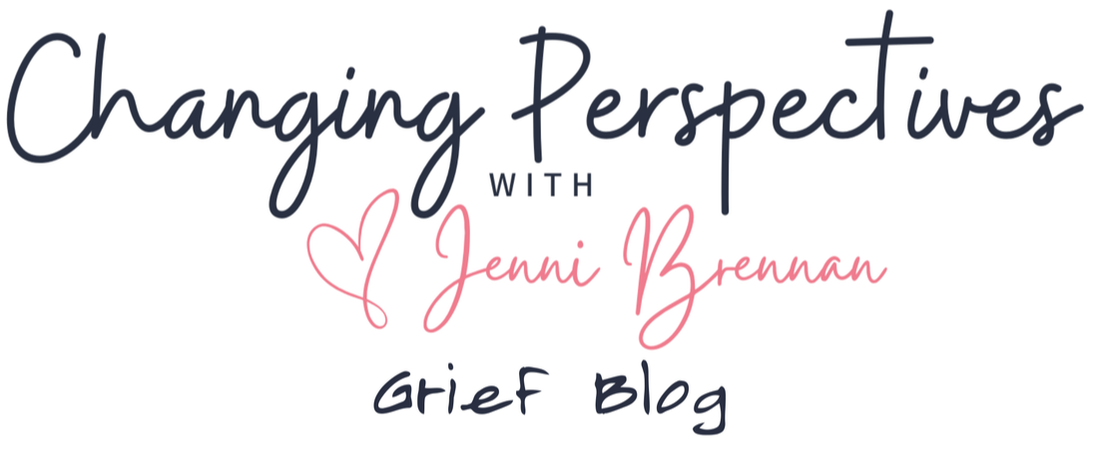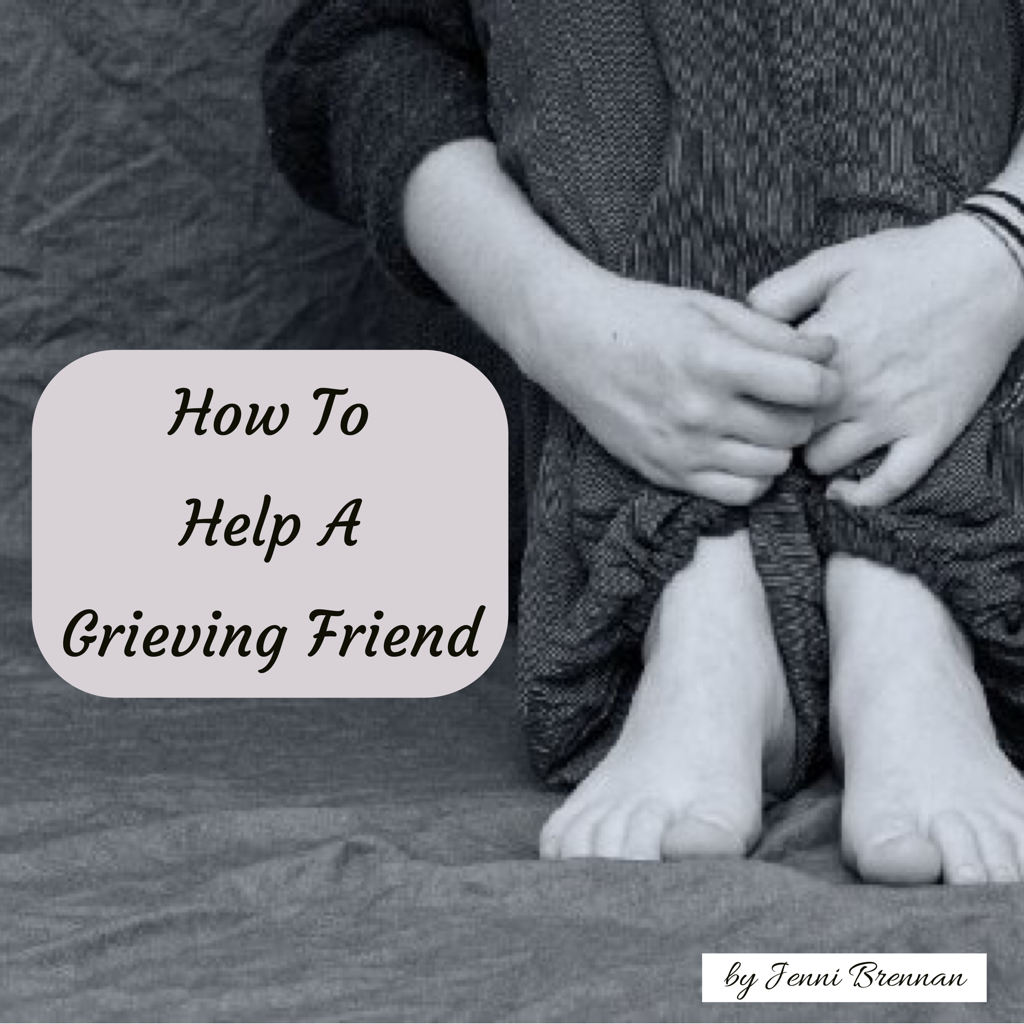|
When someone we know loses a loved one, their support network instantly kicks into high gear. Food trains get organized. Go Fund Me accounts get created. Casseroles get tossed into ovens. We make phone calls to and spend time at the homes of the grievers. We show up at wakes, funerals, and memorials and give our best condolences, whispering “Let me know if you need anything.”
We really do a great job, right? Not quite. While we, as a society, do a great job in the initial days following a death, our support quickly fades away, leaving our friends who have suffered the loss of their loved one to suffer yet another loss — the loss of their support network. It turns out that a peculiar thing happens when someone dies. The loved ones left behind are too overwhelmed to know how to ask for help or even what to ask for that would give them support. So, they ask for nothing, waiting for their friends to instinctively know what to do. Meanwhile, their friends go silent, assuming that their grieving friends will call them when they are needed. So often these miscommunications and missed opportunities result in heartache, pain, and fractured friendships. It’s not surprising to see our inadequacies around providing support to a grieving friend. We are a death denying society. We don’t like to talk about death, dying or grief. It feels too heavy, messy and personal and when something makes us feel uncomfortable, our natural instinct is to turn away from it, stick our heads in the sand, and hope that it gets better over time. So, we show up at the beginning do all the things that society has told us are helpful and then we retreat, waiting for our grieving friend to take the lead. As a grief therapist, I spend my days holding space for grieving individuals. They spend their time with me crying, not just about their dead loved one but also about their friends who stopped showing up after the first few weeks of their grief. They feel more alone than ever before and are often quite shocked at how ill-prepared their support network seems to have been for them. If you are like most people I know, you would love to feel more equipped at how to best help your grieving friends. You don’t ever want your friend to feel like you abandoned them. Start by putting down the casseroles. Don’t send that text message that says “Let me know if I can do anything for you.” Instead, try one or more of the following tips to provide support to your grieving friend. It could be the greatest gift you ever give to someone. 1. Be there There are few things in life that can make you feel as powerless as watching someone you love have their heart broken. For many of us, we can only spend so much time in that uncomfortable place before we need find something to distract ourselves. Rather than running away from the pain, try to lean in to that discomfort and be there for your friend. Remind them that you care about them and will be there for them. There are no magic words you can say to make things better. Just being there with them physically is sometimes magical enough. 2. Ask questions Ask your friend what they need. Rather than saying “let me know if you need anything” or “I’m here if you need me,” be brave and ask things like “What will be the hardest part of this month for you?” or “What do you need to help you get through the season?” Encourage your friend to be honest with you about their needs. 3. Find a way to help, without being asked For many grieving individuals, the thought of asking for support is overwhelming, daunting and feels far too vulnerable for them. While they may benefit from having someone take their children to and from school, fix that old broken rock wall, pull out their summer patio furniture, or help with projects around the house, chances are pretty low that they will ever ask for that kind of help. Figure out a way, besides casseroles, that you can provide some functional help to your friend and then offer it. 4. Talk about their loved one For many of us, we have been conditioned to avoid talking about someone who has died. We don’t want to upset our friends and remind them of their loss. We don’t want to make their pain worse. Guess what? They probably are always thinking about their loved one. Their heart is always hurting. One of their biggest fears, especially if they are a parent who has lost a child, is that the world (and they, themselves) will forget their loved one. Say their name. If you knew them, talk about your memories of them. Talking about them will give your friend permission to also talk about them and doing so will help immensely with their grief process. 5. Include them Even though your friend may not feel much like socializing at times, continue to extend invitations. Don’t assume that just because they have declined your last four invitations means they will never be interested in hanging out with you again. That 5th invitation just may be the one that finally gets them out of their house. 6. Don’t take it personal When your friend turns down your invitation to your summer bbq, backs out of your girls’ night out at the last minute, or doesn’t return your text message right away, don’t take it personal. Sometimes grieving individuals simply don’t have the energy to socialize and it has nothing to do with their level of desire to spend time with you. When it comes to grief, there is no such thing is closure. There is no such thing as moving on. Your friend will always feel some level of grief about their lost loved one. Some days that loss may feel as heavy as a boulder, completely weighing them down. Other days it may feel like a small pebble in their pocket. No matter how heavy or light their grief may feel from day to day, the griever will still feel its presence every day for the rest of their life. Wouldn’t it be wonderful for your grieving friend to feel your supportive presence beside them through it all?
3 Comments
1/8/2021 01:05:52 pm
I always find it strange how everything we think we should say about grief is wrong. Thank you for posting this.
Reply
Jenni
1/11/2021 11:41:27 am
It’s amazing isn’t it? I am so hopeful that we can change the direction of our collective conversations about grief. ♥️
Reply
Leave a Reply. |
GriefGrief is everywhere for all of us - yet our society does a poor job allowing people to grieve. It is ok to grieve and it is normal to struggle with how to continue living your life while dealing with grief. Archives
June 2023
Categories
All
|
Sign Up For the Changing Perspectives Newsletter
Changing Perspectives with Jenni Brennan is supported by its audience.
When you purchase through links on this site, an affiliate commission may be earned. Learn More.
When you purchase through links on this site, an affiliate commission may be earned. Learn More.
Changing Perspectives Copyright © 2023



 RSS Feed
RSS Feed
